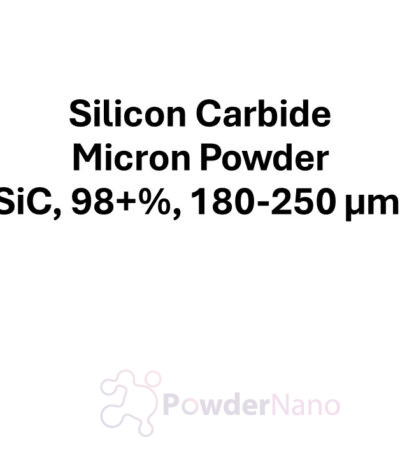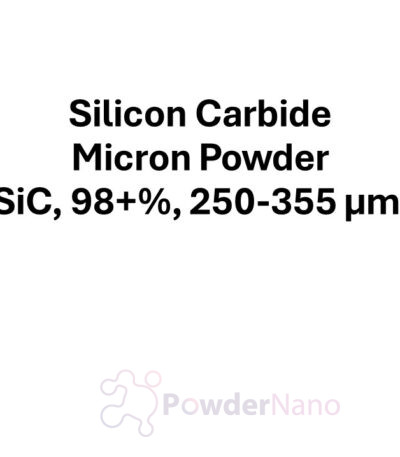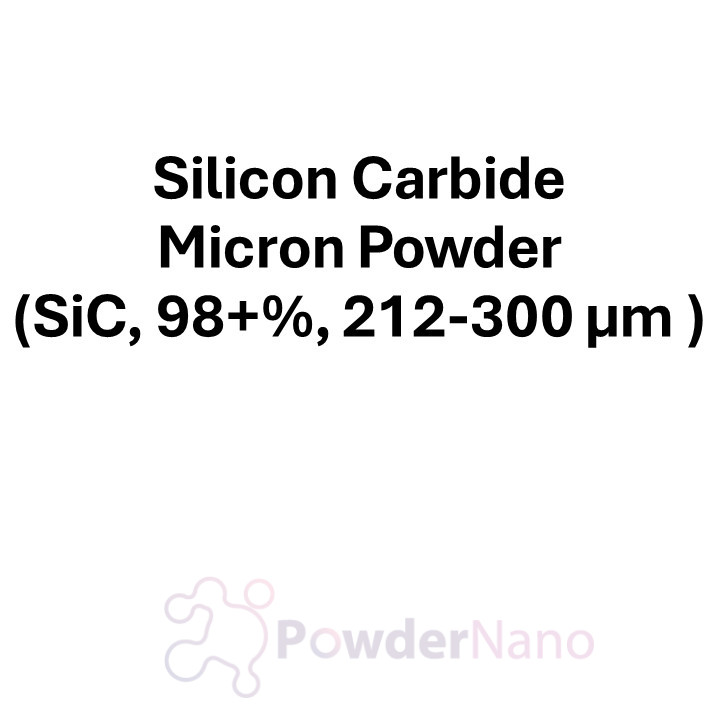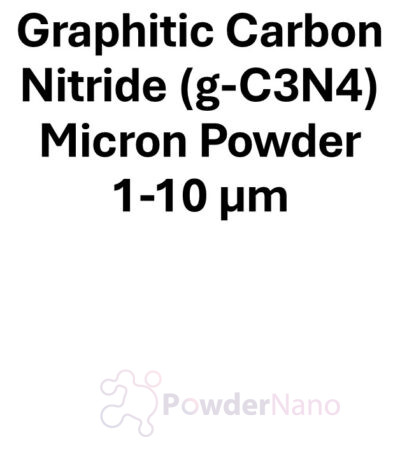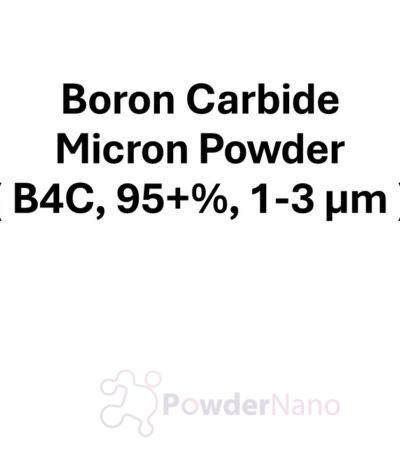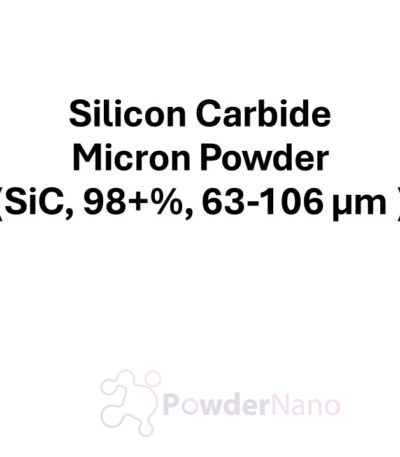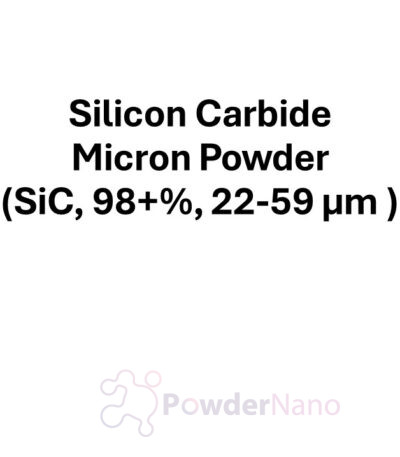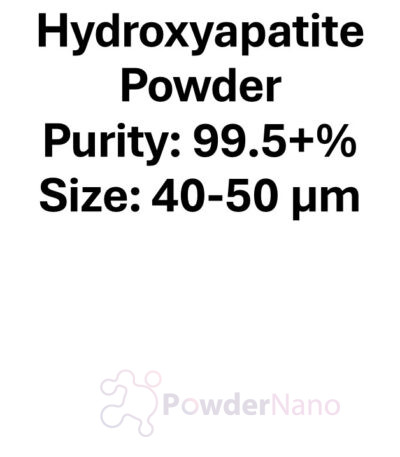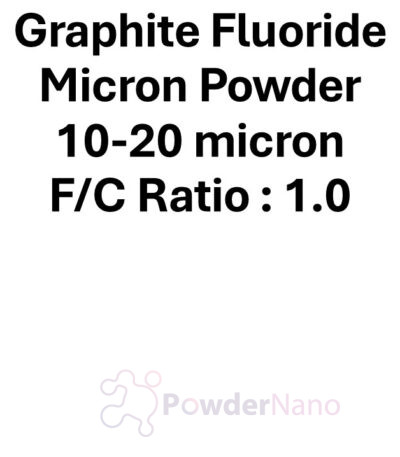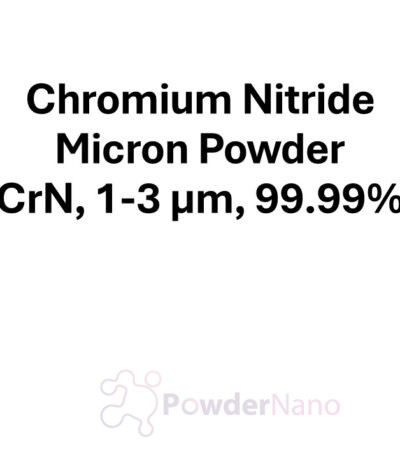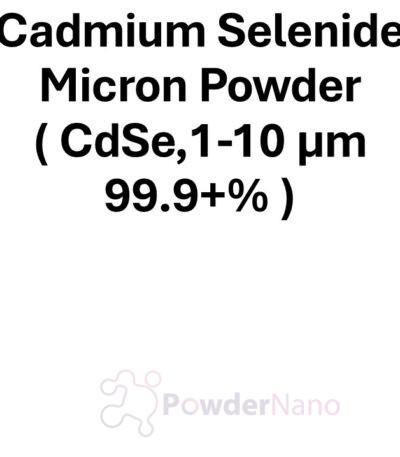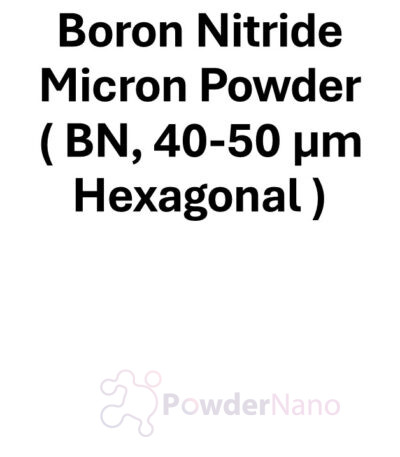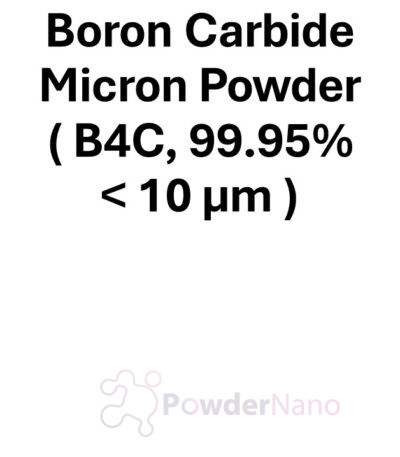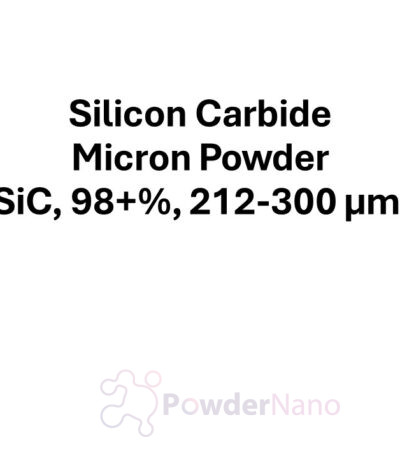Technical Specifications:
- Material: Silicon Carbide (SiC)
- Purity: 98% or higher
- Particle Size: 212-300 μm (microns)
- Shape: Typically irregular or angular, depending on the manufacturing process
- Density: Approximately 3.21 g/cm³
- Melting Point: Approximately 2,700°C (4,892°F)
- Boiling Point: Sublimes at approximately 3,200°C (5,792°F)
Chemical Composition:
- Silicon (Si): ~70%
- Carbon (C): ~30%
Applications:
1. Abrasive Materials:
- The 212-300 μm SiC powder is designed for heavy-duty abrasive applications, such as coarse grinding, cutting, and surface finishing. Its large particle size makes it particularly effective for material removal in tough substrates like metals, ceramics, and stone.
- Ideal for industries like metalworking, construction, and automotive, where aggressive grinding and blasting are required.
2. Refractory Materials:
- The high thermal stability of SiC makes this powder ideal for refractory applications, such as furnace linings, kilns, and nozzles, which must endure extreme heat and thermal shock.
- Its resistance to oxidation and thermal degradation ensures durability in metal casting, ceramics, and glass manufacturing.
3. Ceramic Materials:
- SiC powder (212-300 μm) is used in the production of ceramic matrix composites (CMCs) to enhance mechanical properties, such as strength, wear resistance, and fracture toughness.
- Common applications include aerospace components, automotive brakes, and industrial cutting tools that require reliability in high-stress environments.
4. Thermal Management:
- Due to its high thermal conductivity and low thermal expansion coefficient, SiC is used in thermal management systems, including heat sinks and radiators, where large particle sizes contribute to structural stability in demanding conditions.
- This size is optimal for high-power electronics like LEDs, semiconductors, and power devices.
5. Power Electronics:
- Silicon Carbide is critical for semiconductors in power electronics due to its wide bandgap and high breakdown voltage. While this larger particle size (212-300 μm) may not be directly used in microelectronics, it plays a role in substrate preparation and heat dissipation for devices like:
- Power MOSFETs
- Diodes
- Transistors used in electric vehicles (EVs), industrial power systems, and renewable energy systems.
6. Wear-Resistant Coatings:
- SiC is commonly used in thermal spraying, plasma spraying, and PVD/CVD coatings for creating wear-resistant layers on tools and machinery parts.
- The 212-300 μm powder size is particularly suited for heavy-duty abrasion-resistant coatings, used in industries such as:
- Mining
- Oil and gas
- Heavy machinery
7. Catalyst Supports:
- With its high surface area, thermal stability, and chemical resistance, this SiC powder is suitable as a catalyst support in applications like chemical reactors and emission control systems (e.g., catalytic converters).
- The larger particle size is ideal for fixed-bed reactors or processes requiring durable structural supports.
8. Nuclear Applications:
- SiC is extensively used in nuclear reactors for components like fuel cladding, control rods, and reactor shielding, offering superior radiation resistance and thermal stability.
- The 212-300 μm powder size is ideal for structural components requiring strength and thermal shock resistance under extreme conditions.
9. Supercapacitors and Energy Storage:
- SiC is employed in electrodes for supercapacitors and energy storage systems, where its properties enhance power density, cycle life, and energy efficiency.
- The larger particle size contributes to structural support and efficiency in systems that require high charge-discharge rates, such as renewable energy storage and EV batteries.
10. Research and Development:
- Researchers use SiC powder (212-300 μm) for exploring new materials and applications, such as:
- High-performance ceramics
- Advanced nanocomposites
- Thermal barriers and energy storage technologies
- Its versatility makes it a key material in R&D for aerospace, electronics, and energy sectors.
Summary:
Silicon Carbide Micron Powder (212-300 μm, 98+% purity) is a robust material with exceptional hardness, thermal stability, and wear resistance. Its large particle size makes it particularly suitable for coarse grinding, abrasive blasting, wear-resistant coatings, and refractory applications. Additionally, it plays a critical role in ceramics, thermal management, nuclear technology, and energy storage systems. Its high-performance characteristics ensure reliability and efficiency across industries requiring durability and precision under extreme conditions.
